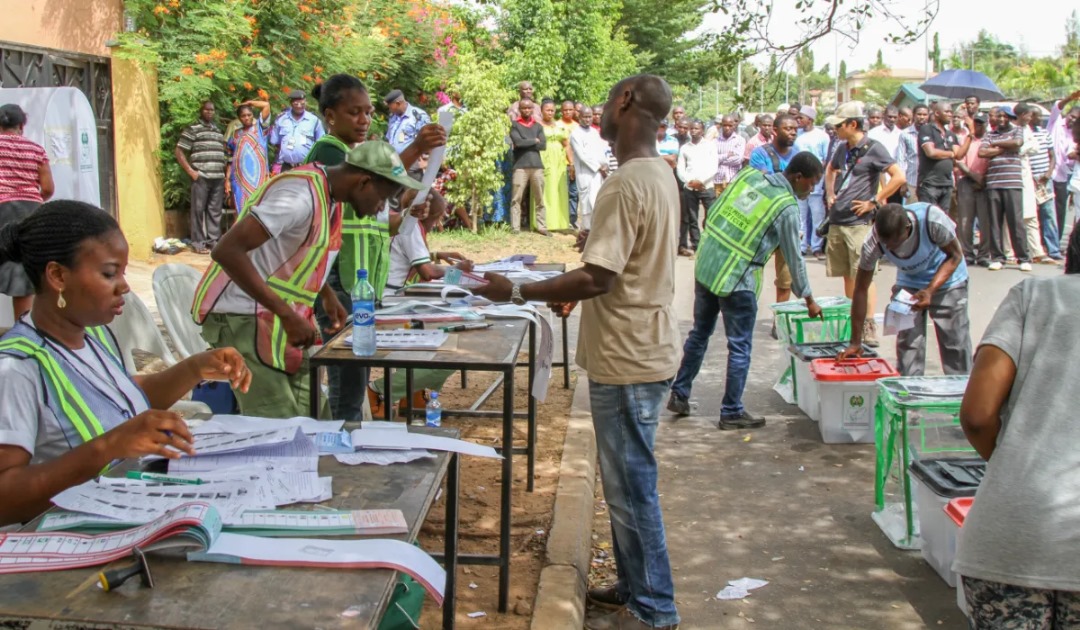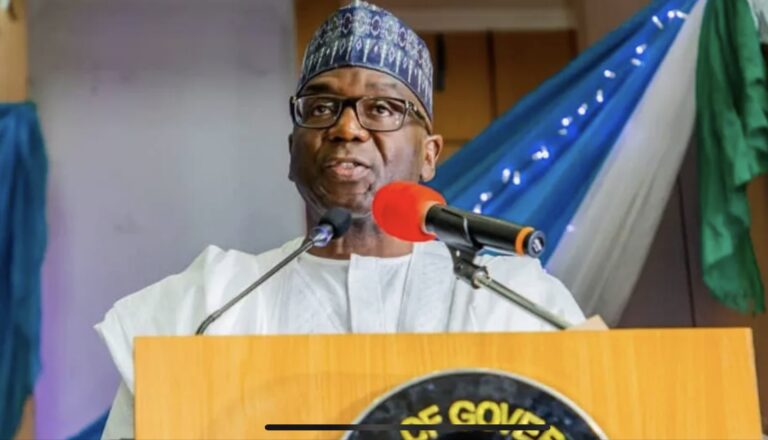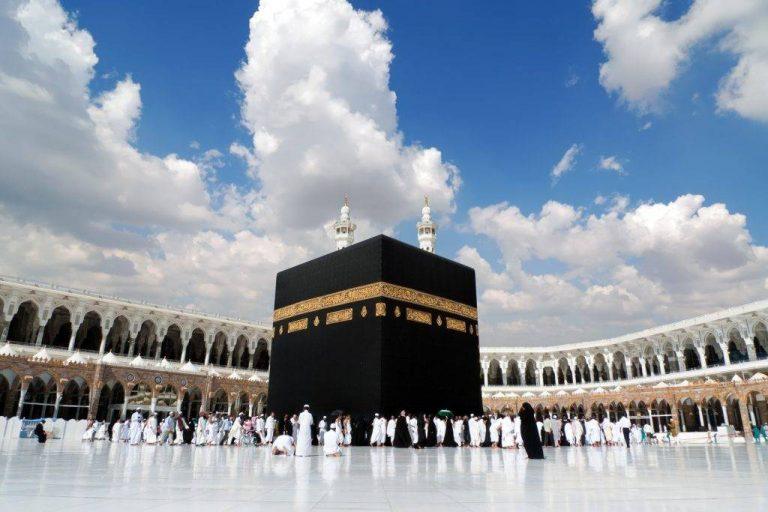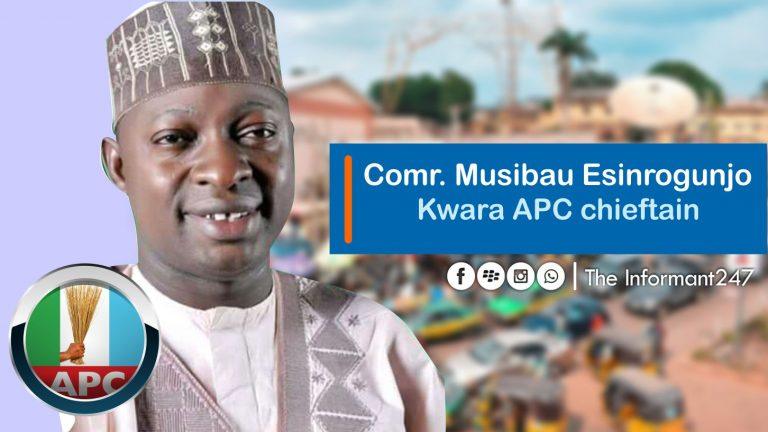2024: Defining elections that shaped African and world geopolitics
By: Daramola Luke and Saheed Muheez
2024 has been eventful in every sense of the word—a year that promised much and delivered even more. It has been a year filled with lots of remarkably thrilling and sometimes outrageous events and scenarios, from the escalating Russo-Ukrainian war to the Israeli incursion into Gaza and beyond. The Stormy Daniels hush money scandal and other charges that beclouded the atmosphere of Donald Trump’s political comeback to the merry-go-round series of altercations between rival powers, 2024 is indeed one for the books. Not many years in the 21st century can boast of the seismic effects that 2024 has had on the outcomes and resultant policies of state actors across the globe.
The year, among many other things, saw significant changes that wounded their reach to universal suffrage and electioneering. Over 80 countries headed to the polls to decide the fate and shape of their national and parliamentary setups. Some of these countries are typically the population powerhouse of the world, with the eligible numbers of voters representing around half of the world’s nine billion people. By December 2024, a discernible pattern of electoral outcomes, driven by several factors had emerged. Polls across the world birthed voters with new perspectives and political inclinations that were strong enough to disrupt the lengthy rule of some incumbencies while totally changing the face of many governments and, in some cases, critical enough to seal the death sentence of some traditionally colossal parties and institutions.
It was particularly glaring as almost every notable incumbent party worldwide, including those in the West, lost vote share in 2024 even if they did not lose out completely. The effects of this have been the telltale of the impermanence of power and the passage of time and its accompanying uncertainties. To better understand the state of affairs as 2024 winds down, it is pertinent to take a magnifying look at the status quo on each continent politically.
Africa
Africa, home to the world’s largest population of young adults—over 60 per cent of its total populace—became the epicentre of dynamic political shifts in 2024. For the regular political enthusiasts or starry-eyed upstarts, these shifts heralded political changes across the cardinals of the continent, however, for many of the political incumbencies, 2024 marked a period of unprecedented annihilation or decimation of their powerhouses. The year earned the label “Annus Horribilis” for numerous political dynasties, as opposition parties surged to crucial victories, resulting in significant power transfers.
In West Africa, Senegal saw an interesting political year unravel as President Macky Sall lost face following his decree to postpone the February presidential elections indefinitely after the tide of political dissent gained ground against his decision to bar the main opposition leader, Ousmane Sonko from contesting in the polls. President Sall had intended for the decree to save face and time for his ruling party and “anointed” candidate, as he was ineligible for reelection. His decree was overturned and ruled unconstitutional amid growing domestic and international pressure over the turn of events. Ousmane Sonko and his party, PASTEF, nominated Bassirou Faye as their candidate, who secured a resounding victory in the March polls widely praised by both local and international observers for its organisation and smooth conduct.
South Africa’s African National Congress (ANC) endured a wretched 2024 political season, failing to secure 50 per cent of the vote for the first time since the end of Apartheid in 1994. ANC in the May elections ended with 40 per cent and 159 seats of the 201 seats needed for a majority in the 400-seat assembly. This result led to a hung parliament, forcing President Cyril Ramaphosa to appoint a multiparty cabinet with the ANC’s invisibility cloak dented substantially.
In Botswana, the Botswana Democratic Party’s (BDP) hold on power since the country’s independence in 1966 came crashing down in October after a coalition called the Umbrella for Democratic Change (UDC) led by Duma Boko swept the table in the parliamentary elections. BDP went from having 38 seats in the 69-seat parliament to enduring the embarrassment of a meagre 4 seats, which duly phased it out of political relevance.
Mauritius saw one of the biggest political grace-to-grass stories as the ruling Alliance Lepep Coalition led by Prime Minister Pravind Jagnauth lost the table after winning just two of the 66 seats in contention from 42 seats in the previous election in 2019. The rivaling ‘Alliance du Changement’ did well to capitalise on the capitulation by winning 60 seats in the election. The PM who succeeded his father, Anerood Jagnauth, in 2017 saw a reversal of fortunes as the cost of living, crime, and corruption scandals played a role in the November election results.
While SWAPO retained the presidency in Namibia, opposition parties made notable gains, continuing a troubling trend for the ruling party. SWAPO saw its parliamentary seats further reduced in the second election running, however, Namibia made history. The November election was significant for the emergence of a female President, Netumbo Nandi-Ndaitwah who ran as the candidate of the ruling SWAPO party. President Ndaitwah becomes the first female president of Namibia and one of two women presidents in African contemporary politics, with Samia Suluhu Hassan of Tanzania.
In Ghana, John Mahama staged a comeback reminiscent of Donald Trump’s win in America. He won the majority to stave off opposition from Mahamudu Bawumia, outgoing vice president of the West African nation. This marked an end to the 8-year rule of the New Patriotic Party (NPP) as Mahama’s party; the National Democratic Congress (NDC) in the December polls also secured 182 of the 276 seats in parliament, and Jane Opoku Agyemang, his running mate, becoming the highest-ranking woman in Ghana’s political history.
Despite the prevailing trend of change, many elections across the continent in countries such as Mozambique, Algeria, Chad, and Tunisia saw incumbents retain power, albeit through electoral processes widely criticised as shams. These elections were marked by allegations of oppression, abuse of power, and violations of constitutional limits. Similarly, Rwanda continues to endure under the authoritarian rule of Paul Kagame, who won a fourth consecutive term in the 2024 elections, securing an overwhelming 99 percent of the vote.







